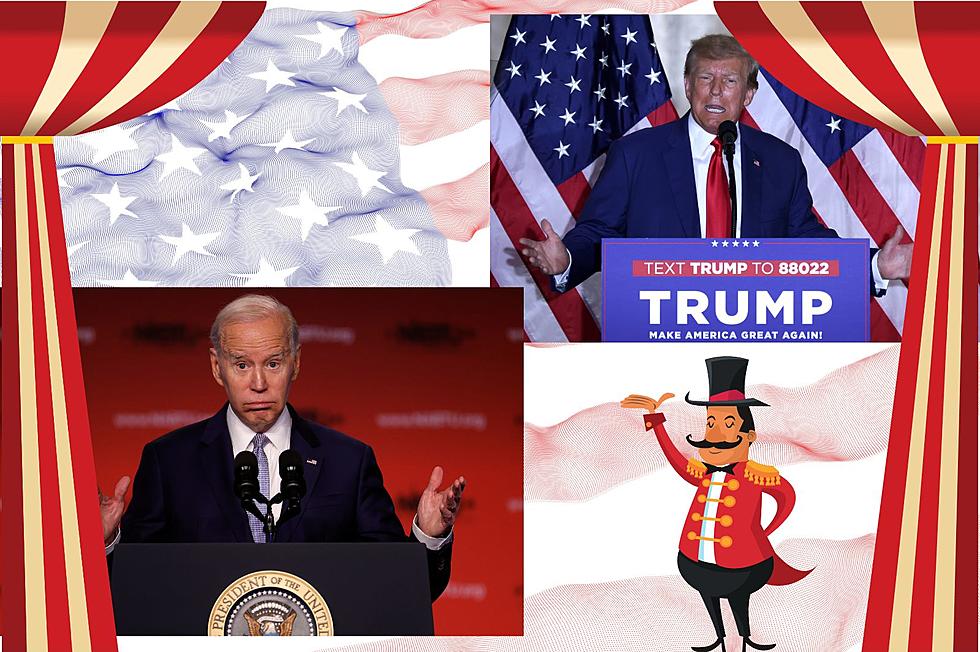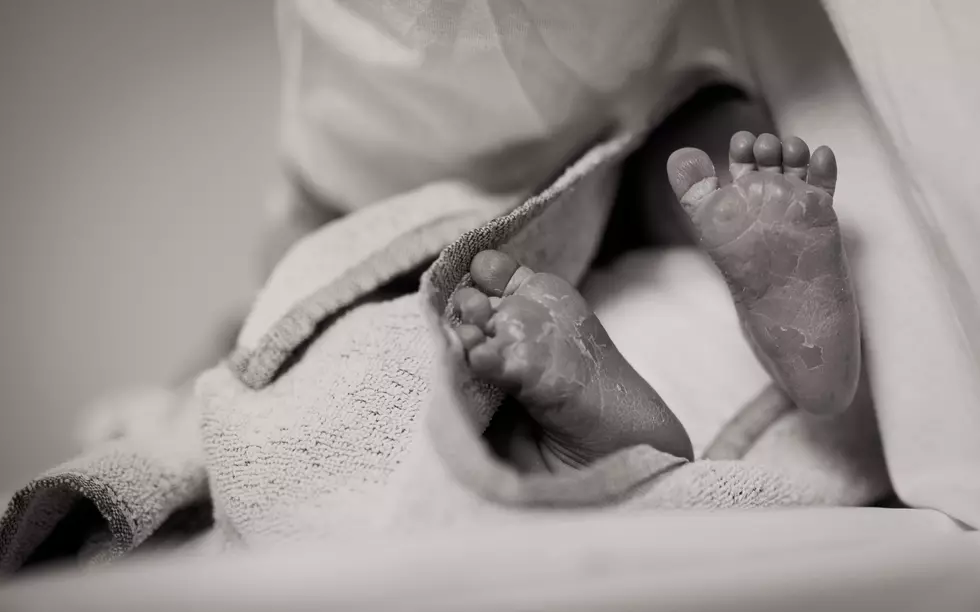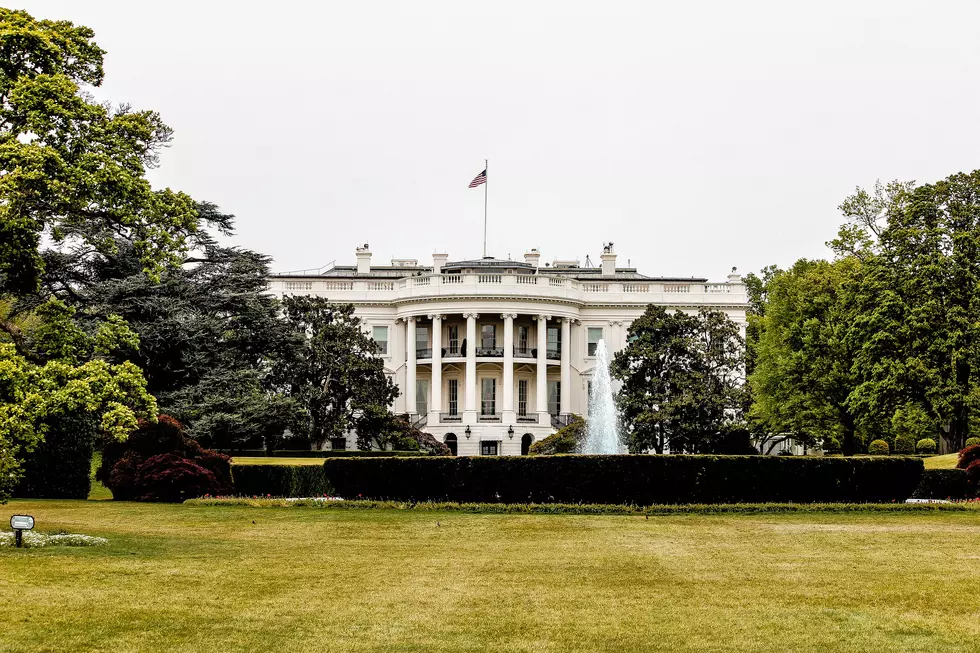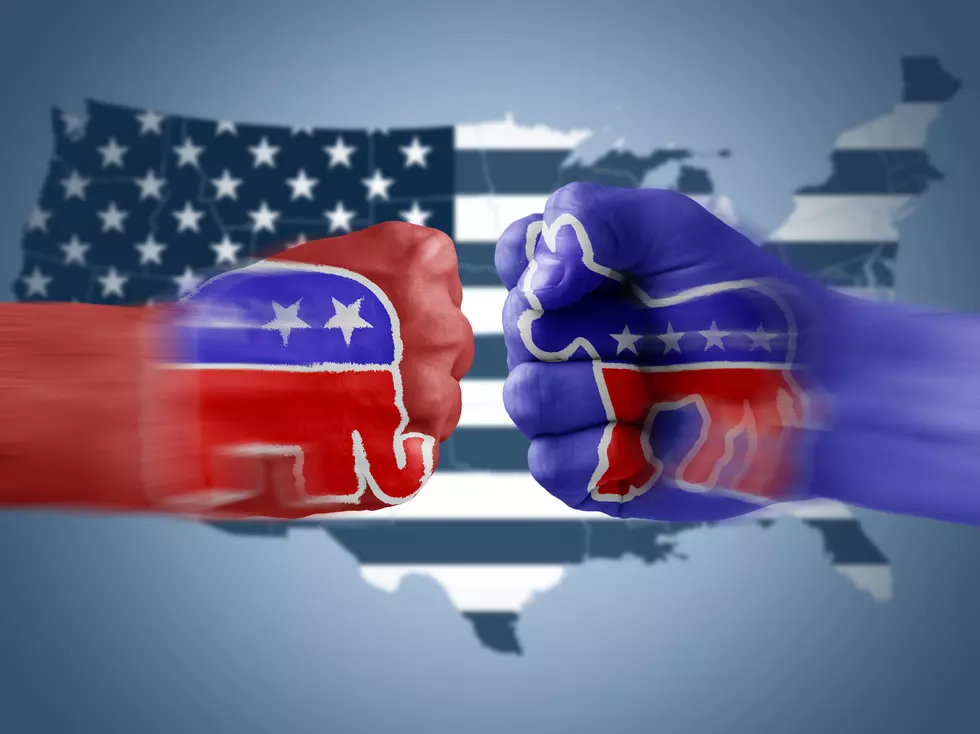
Should Bozeman Churches Preach Politics?
On August 16, 1954 the IRS code was amended to include the Johnson Amendment. Then Senator, and later president, Lyndon B. Johnson of Texas, introduced Bill H.R. 8300 in Congress. It was also included in the IRS Code of 1986.
At the time there was no real controversy about such a bill and no one thought much about it.
The Johnson Amendment
Many non-profits, including churches, fall under the 501(c)3 IRS classification. What that means is that if they conduct themselves in a non-partisan, non-political way, they receive tax-free income tax status for their fundraising and philanthropic activities.
Paragraph (3) of subsection (c) of section 501 of the Internal Revenue Code describes certain organizations that may be exempt from U.S. Federal income tax. The description of those organizations is worded (in part) as follows:
(3) Corporations, and any community chest, fund, or foundation, organized and operated exclusively for religious [ . . . ] purposes [ . . . ] no part of the net earnings of which inures to the benefit of any private shareholder or individual, no substantial part of the activities of which is carrying on propaganda, or otherwise attempting, to influence legislation (except as otherwise provided in subsection (h) [relating to certain expenditures by charities to influence legislation]), and which does not participate in, or intervene in (including the publishing or distributing of statements), any political campaign on behalf of (or in opposition to) any candidate for public office.
Churches are not allowed to campaign for or against any political candidate in any election or lose their tax-exempt status.
President Trump’s Executive Order
President Trump’s executive order requests that the IRS “alleviate the burden of the Johnson Amendment.”
Exactly what that means and how far the IRS will go is anyone’s guess. The opposition to the order is substantial but most are waiting to see what issues are put into effect and how far reaching the alleviation goes.
Is This The Camels Nose In The Tent?
How far can this go? Would your local pulpit be the source of a never-ending political diatribe? Would political candidates be permitted to address the congregation?
Would fundraising for AIDS in Africa end and local church PAC’s begin? Would church’s campaign for big donors to switch to their church because of a more palatable message?
Would the outdoor church marque proclaim that God really wants you to vote Smith for Congress?
I think you can understand this might not end well.
Some Final Thoughts
I have never believed or supported anything called separation of church and state. I’m not sure you can even sustain one without the other.
The president has broad powers when it comes to law enforcement or lack thereof.
President Obama didn’t enforce marijuana or many immigration laws on the books as president.
Should churches use their power politically? Don’t they already? No church I know of is a fan of abortion? Isn’t how the church would like you to live your life often politically motivated? The golden rule?
Don’t forget to buckle up? No smoking? Private road?
Is that different than go forward and sin no more?
Should Bozeman churches be allowed to enter the political arena?
Comments below
More From KMMS-KPRK 1450 AM









